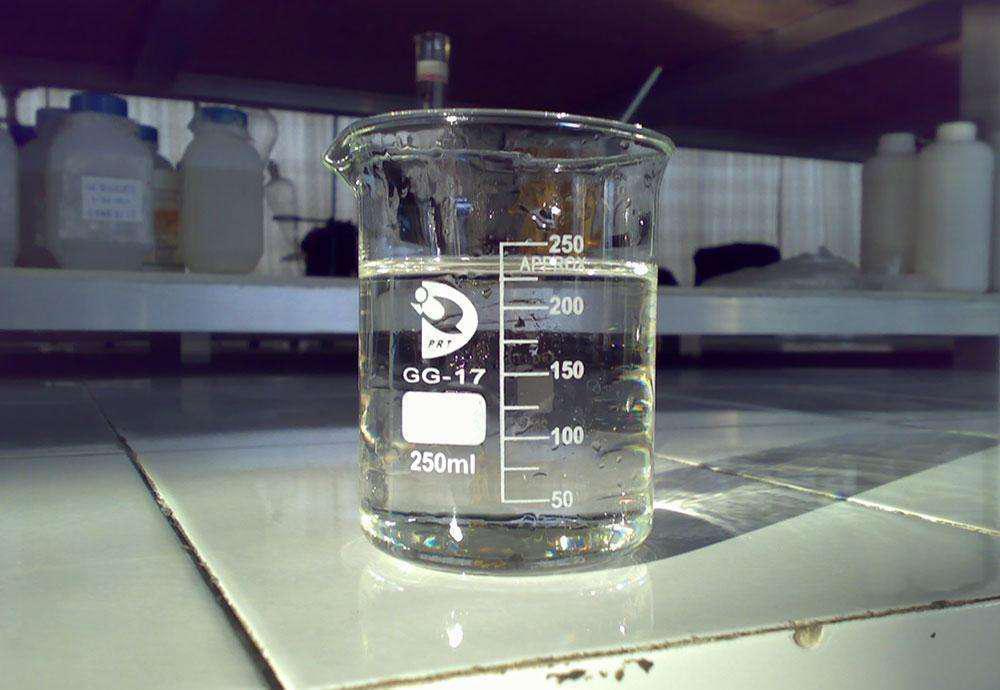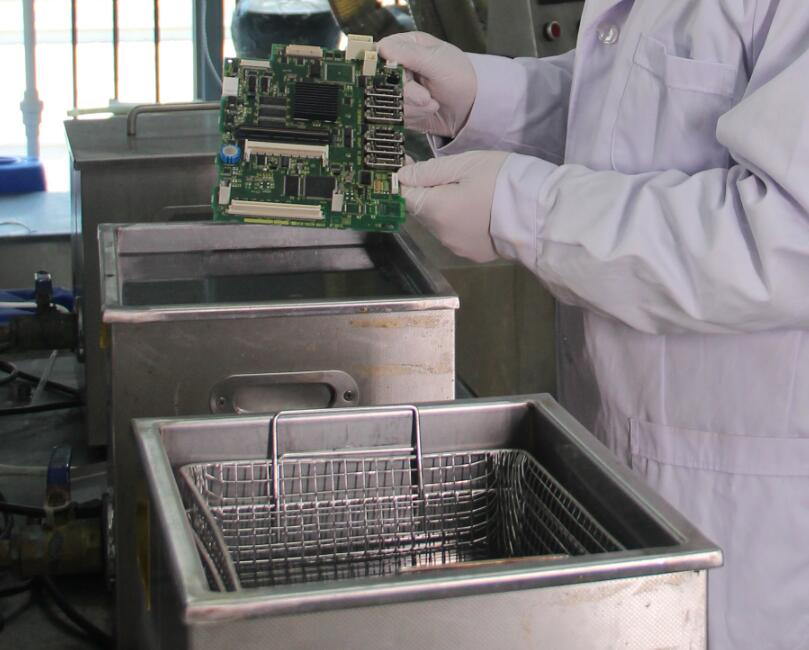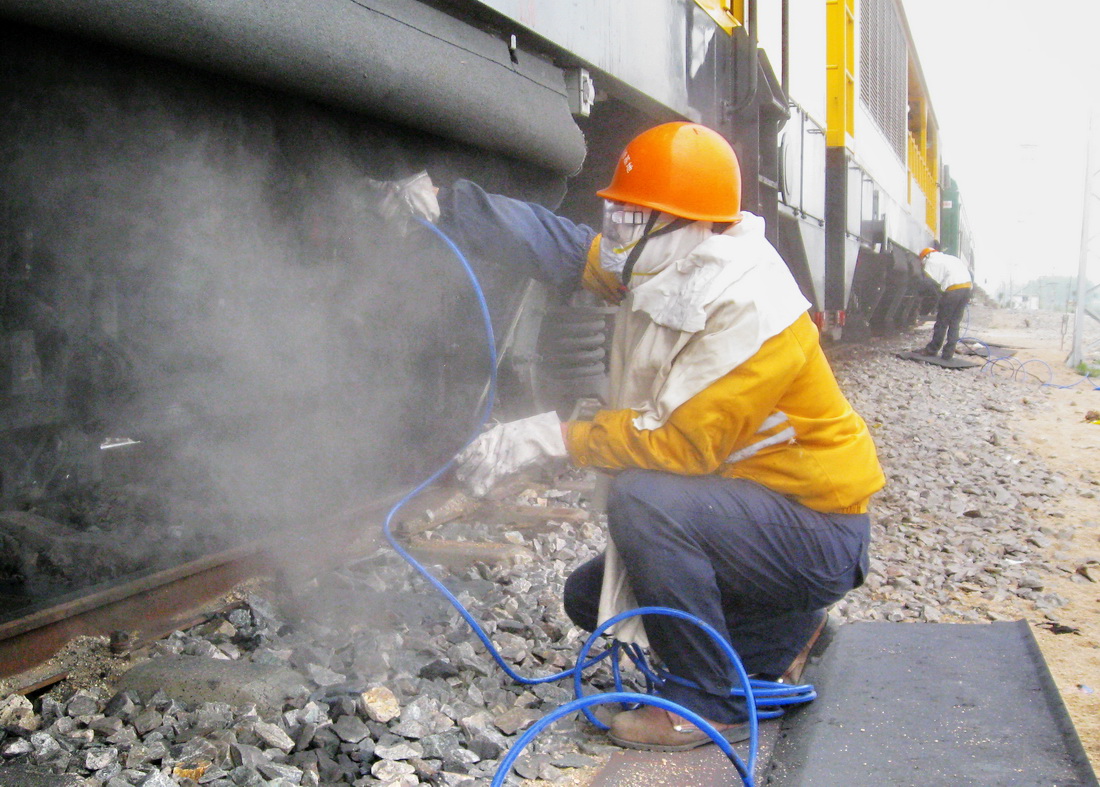Sinoright Blog
Metal Surface Cleaning Agent - Trichloroethylene

Trichloroethylene has certain oxidizing properties and can react with oxygen to produce carbon dioxide and hydrogen chloride. It can be reduced to ethane and hydrogen chloride by reducing agents. It can also undergo addition reactions with some electrophilic reagents, such as reacting with bromine to produce 1,2-dibromoethane. It can also undergo substitution reactions with some nucleophilic reagents, such as reacting with ammonia to form N, N-dimethylformamide.
Trichloroethylene has a wide range of applications, mainly as a solvent, and can be used for degreasing, cleaning, drying, and other purposes.
For example, in the electronics industry, trichloroethylene can be used to clean circuit boards and semiconductor devices; In the printing industry, trichloroethylene can be used to clean printing plates and ink rollers; In the rubber industry, trichloroethylene can be used for cleaning molds and equipment.

Trichloroethylene can also be used for metal surface treatment, such as oil removal, rust removal, phosphating, rust prevention and other substrate pretreatment. These treatments have a significant impact on metal coating technology and metal protection technology.
Trichloroethylene can also be used in the manufacture of drugs and medical devices. For example, used in the manufacture of anesthetics and painkillers; In terms of medical devices, they can be used to manufacture surgical instruments and disinfectants.
Trichloroethylene has certain toxicity, and long-term exposure or inhalation of high concentrations of trichloroethylene vapor can cause harm to the human body. Therefore, protective measures should be taken when using trichloroethylene, such as wearing protective gloves, masks, etc. It is flammable and can cause a fire when exposed to open flames or high temperatures. Therefore, fire prevention measures should be taken when using and storing trichloroethylene, such as staying away from sources of fire and avoiding high temperatures.

Trichloroethylene, as an important organic compound, has a wide range of applications in industry and daily life. At the same time, we also need to strengthen the safe use and management of trichloroethylene to ensure the health of the people and the safety of the environment.
